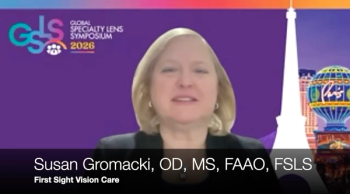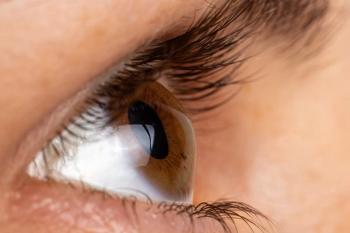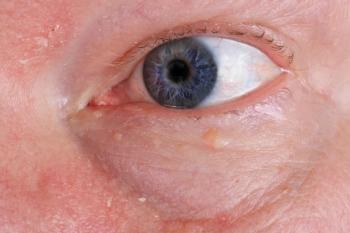
Generics vs. brand-name drugs-different but still safe
Despite some perceptions, generic pharmaceutical drugs are not necessarily less effective than their branded counterparts. But their true claim to fame is in cheaper pricing, undercutting the brand-name alternatives sometimes by orders of magnitude. But according to Dr. Milton Hom, OD, FAAO, price shouldn't take on the main consideration.
Las Vegas-Despite some perceptions, generic pharmaceutical drugs are not necessarily less effective than their branded counterparts.
"The difference with some generics is that while they use the same active ingredient as their bioequivalent brand-name versions, they don't always use the same vehicles and other ingredients," he said. This can often lead to unintended lowering of effectiveness. A prime example comes from generic versions of antibiotics. While similar, some generics can have lower antibiotic content, which in turn means patients receive lesser amounts per dose. As a result, harmful bacteria have an increased chance of developing drug resistance to the antibiotic, leading to a much more serious infection.
But that aside, it's important not to mistake these cases as a sign that generics don't have to follow the same rules as brand-name drugs. Generics, too, have to go through U.S. Food and Drug Administration (FDA) approval. In fact, the FDA provides therapeutic equivalence evaluation codes that evaluate how close a generic mimics the brand-name versions. According to Dr. Hom's research into the most commonly prescribed drugs in eye care, almost all of the drugs he's looked at passed with the highest mark.
It really all comes down to knowing what to prescribe and which generic can act as the best substitute if the drug of choice is not an option for the patient. Since pricing is most often the deciding factor for patients, eye care specialists should prepare resources that can help their patients get the best medication at the lowest price. A site recommended by Dr. Hom is
Price will never stop being a factor for patients. While healthcare professionals are obligated to tell their patients about their best options for treatment, patients are ultimately in control of their own healthcare decisions. Generics can play an important role in filling the gap between intended treatment and a patient's wallet.
Newsletter
Want more insights like this? Subscribe to Optometry Times and get clinical pearls and practice tips delivered straight to your inbox.













































